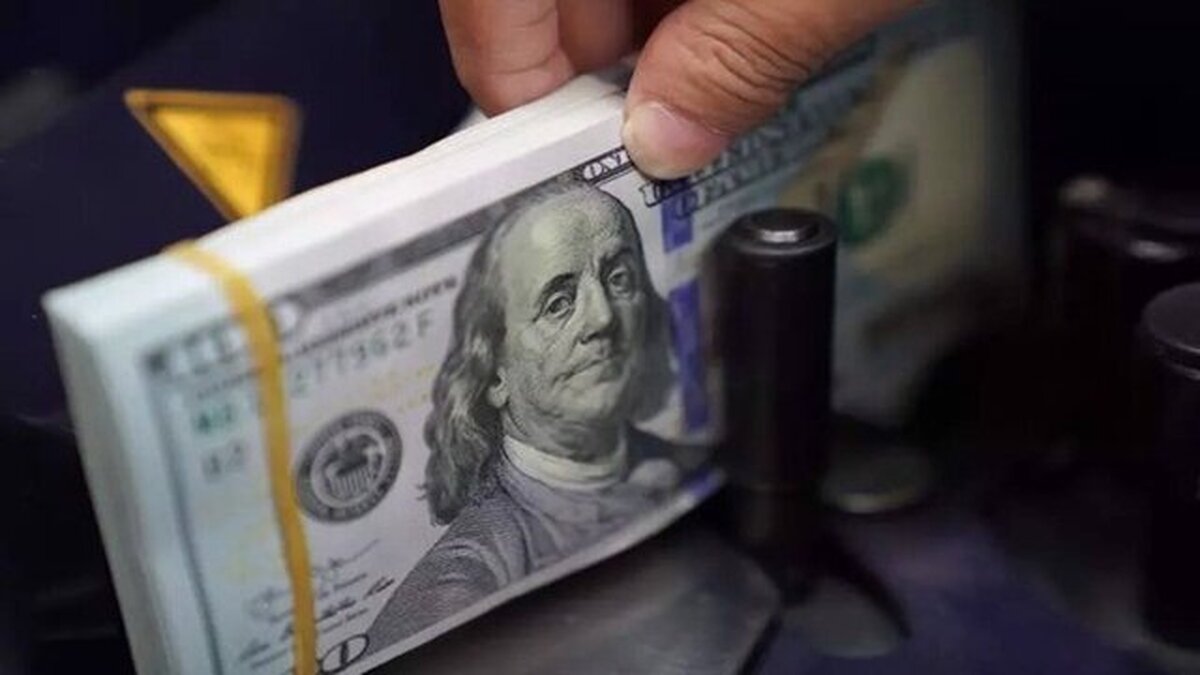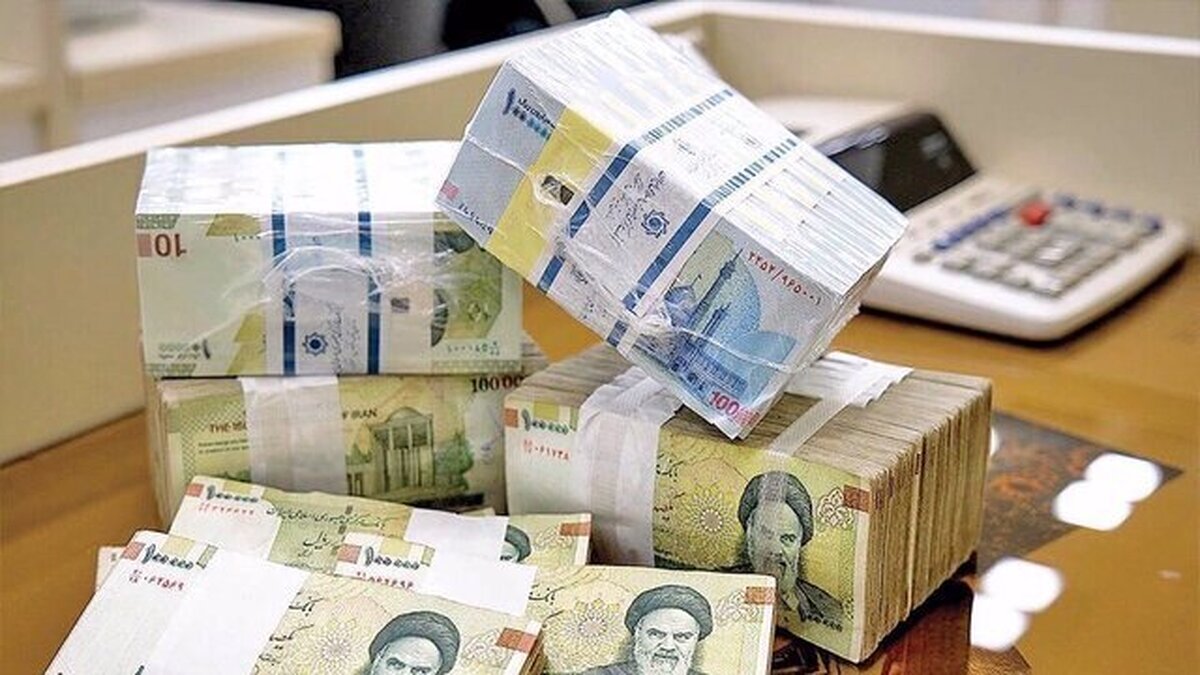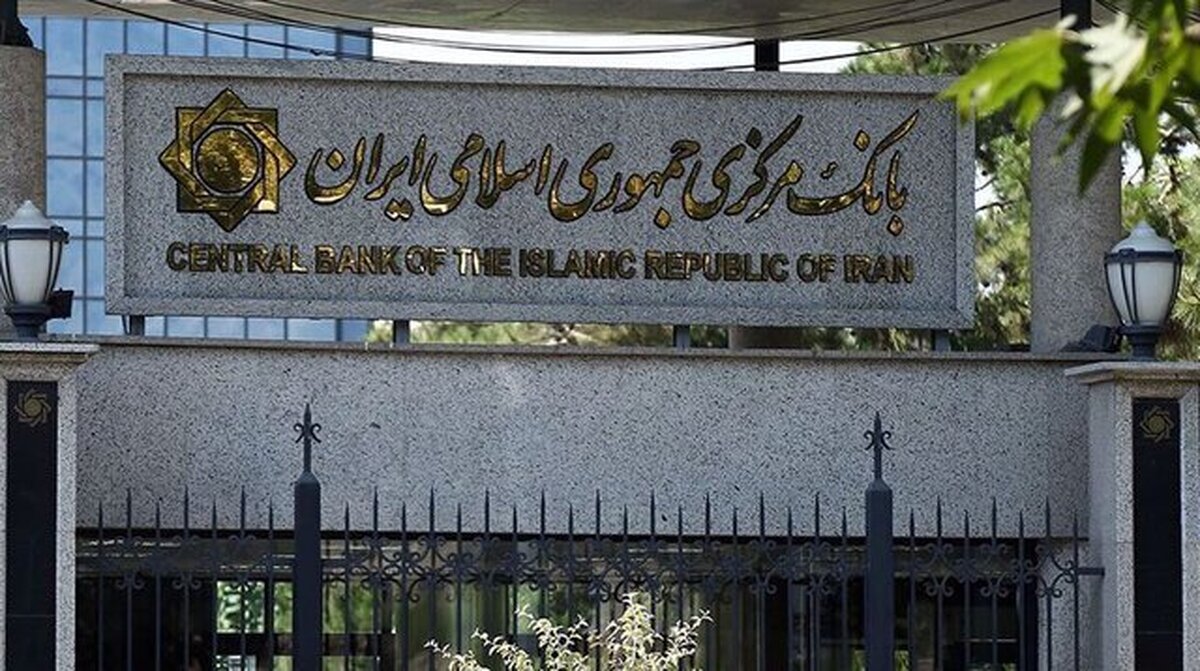
CBI: Money Supply in Check
EghtesadOnline: The CBI governor says the bank has kept the growth of money supply in check which is a harbinger of decline in inflation rate.
Abdolnasser Hemmati told state TV that the monetary base growth has lost momentum and “grown only 4% in the first five months (March 20- August 21) of the current fiscal year.
That is down 4.8 percentage points compared to the figure for the first quarter of the fiscal year.
“I’m pleased to tell the people that money supply has come under control,” he was quoted as saying by the CBI website.
The senior banker added that growth in money supply and the monetary base is under control despite the fact that the regulator adopted expansionary policies to inject money into the economy at the beginning of the year to mitigate the impact of deadly coronavirus on businesses.
“Despite banking measures taken at the peak of coronavirus outbreak, monetary variables are about to stabilize, which heralds a decline in inflation,” head of the Central Bank of Iran was quoted as saying.
He reiterated that pulling the inflation rate closer to the inflation target is “a paramount mission” of the central bank.
In May the CBI announced an inflation targeting plan, saying that it is “targeted at ±22%” for the current fiscal year that ends next March.
It said it has mobilized efforts and used all monetary policy instruments to curb the high and mounting inflation.
To reach the target, the CBI has resorted to several monetary measures, such as creating an interest rate corridor (IRC), introducing new monetary instruments and selling government bonds.
Under the IRC structure, the CBI sets the floor and ceiling of policy rates and lets other money market rates, such as interbank rate, move within this setup.
Earlier in the month the CBI raised the lower bound of the corridor from 13% up to 14% to collect surplus liquidity in the interbank market.
Interbank Rates
The interbank deposit rate was initially set at 10% in May but the CBI increased it in three phases going up to 14% in line with monetary policy to control inflation. The upper bound of the IRC is now 22%, which Hemmati says is much lower than the 34% last year.
CBI has also launched a series of auctions since May to sell bonds to lenders and investment fund. This has been reported as having helped the government to raise funds to plug the budget deficit instead of borrowing from the central bank.
So far 564 trillion rials ($2.4 billion) has been raised in 12 weekly auctions, a rather significant amount that the CBI says “has gone a long way in avoiding money printing to fund the budget”.
To curb money supply growth, the CBI allowed lenders to issue certificates of deposit at 18%. The regulator also tweaked interest rates in July to control the flowing out of money from banks.
Subsidy Policy Untenable
The CBI boss again expressed opposition to the decades-old controversial policy of governments to subsidize foreign currency for imports.
“I have opposed subsidizing foreign currency from the very beginning,” he said, but soon added that he is amenable to such policies that “help the low-income strata to buy basic goods”.
One subsidized dollar costs 42,000 rials but sells for 230,000 rials in Tehran’s open market. The greenback is worth 190,000 rials in the secondary market, known as Nima, which is venue for exporters and importers to deal in foreign currency.
The government decided to offer currency for import of basic goods at subsidized rates following a steep rise in forex rates in the spring of 2018 when it imposed a prescriptive rate and shortened the list of goods eligible for subsidized currency to a few essential goods, including food, raw material and pharmaceuticals.
According to Hemmati, the government imported $15 billion worth of goods at subsidized rate in the last fiscal year that ended in March.
As per provisions of the fiscal budget (March 2020-21), the government can allocate $10.5 billion in subsidized currency for importing essential goods, machinery and equipment.
Observers and think tanks opine that given the systemic decline in government revenue and the ballooning budget deficit, the forex subsidy policy at best is untenable.




